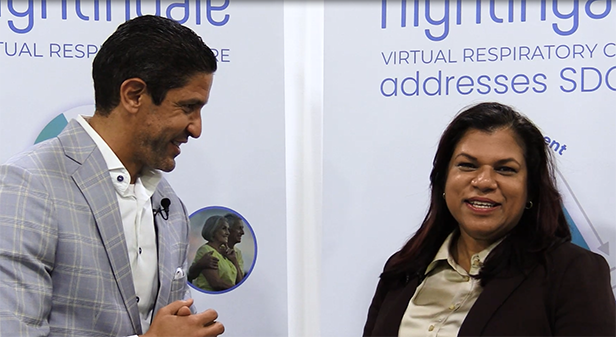Employees often give cursory thought to insurance and benefits until they need them. However, the COVID-19 pandemic put a spotlight on employee benefits, prompting employers and employees alike to take a fresh look. And that's a good thing, says Bob Ruff, senior vice president of growth solutions at Aflac.
"Right now, employers are working with their brokers and consultants to understand if their company has the right benefits package in place to support the well-being of its employees," he explains. "And, according to the 2020-21 Aflac WorkForces Report, 68 percent of employers are extremely or very certain they'll maintain their current benefit offering."
At the same time, the pandemic emphasized the need for clear, strategic benefits communication and education plans. Employers, and their brokers and insurance carriers in turn, were inundated with questions as employees reviewed their benefits in light of COVID-19.
"Helping people understand how insurance is there to help them is critical," Ruff notes. "Our research shows the better employees understand their benefits, the more satisfied they are."
With the heightened awareness of benefits, employees are expecting more support from their employers. The Aflac WorkForces Report found 63 percent of employees expect at least one expanded benefit, such as supplemental insurance or telehealth, to help them navigate the impact of the pandemic and prepare for the future.
As a result, employers are tracking new trends and technology to ensure their benefits offerings meet employees' physical, mental and financial well-being needs in the current, often remote, environment. When survey respondents were asked their level of interest in purchasing supplemental insurance to help offset financial costs related to COVID-19 or other pandemics to protect income, more than half of employers – and 45 percent of workers – express high interest in pandemic insurance to provide additional financial protection.
Ruff explains that "pandemic insurance" may mean different things to different people, but there is much desire for a type of insurance solution that helps with medical costs related to a pandemic-like environment. "The good news is, while they're not pandemic-specific, many of the supplemental benefits available today provide the additional support people are seeking," he says. "For example, Aflac's hospital insurance pays a benefit to help with out-of-pocket costs when employees are confined to a hospital, and our short-term disability insurance helps provide income protection when someone is disabled and unable to work due to an injury or sickness. And, of course, life insurance benefits provide important financial support for family members and final expenses."
Helping employees recognize the value of their benefits options and identify potential gaps in their protection goes back to the opportunity employers have to enhance benefits education and increase understanding, Ruff notes.
"Rather than one particular product, it's often a combination of supplemental health benefits that addresses the needs the pandemic has highlighted for employees."
Looking forward, Ruff expects insurance carriers to continue to explore evolving trends and enhance their products, technology and virtual experiences related to communication, enrollment and telehealth.
"We're all still learning about the impact of the pandemic," he adds. "Insurance carriers are heads down analyzing the statistics and research and talking to claimants to better understand the obstacles and issues. At Aflac, that means focusing on our ultimate customer – the employee. Taking this approach leads to the development of solutions that are meaningful and valued by both employees and employers."
© 2024 ALM Global, LLC, All Rights Reserved. Request academic re-use from www.copyright.com. All other uses, submit a request to [email protected]. For more information visit Asset & Logo Licensing.







